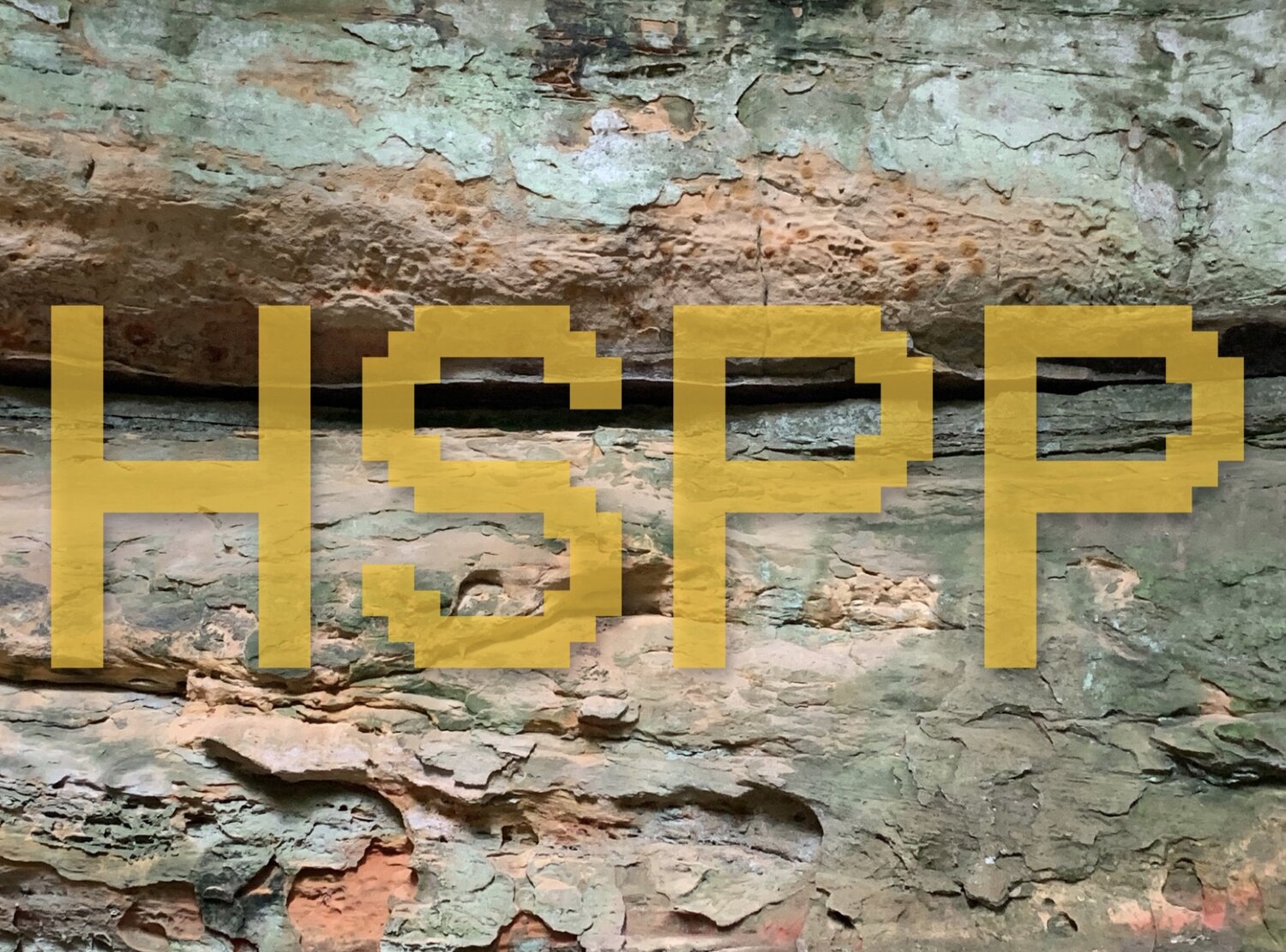Endless Lawn XXX
I wanted to write a poem to celebrate the lawn, the hosta, the tomato, and the cucumber. Instead I’ve been putting off the work each time inspiration began to bud inside me. I’ve been busy. Back to work. Nurturing old stresses that inevitably come with work. For me, the headache mostly comes from going to sleep and waking up earlier than I’d like. I enjoy my job. It’s a rewarding gig. But it pushes writing and spending time outdoors to one side, like a weed in the garden threatening a flower. And our garden needs its flowers. I wrote a little meta-something about words and their genesis. How they bind meaning to plants and animals. How they allow us to understand something, and maybe to (think we) own it. And how, originally, when man was developing words for temporal abstractions like “yesterday” and “tomorrow,” they must’ve been born from some longing to reach for what was or what will be. I didn’t really like the poem, but it was all I had. So I decided to come out onto the deck behind my house where I sunbathed with my dogs so many times this summer. It seems like this season is fading with every rainy day. It will get cool soon; the evenings and mornings are already cooling off. But it’s still nice out this afternoon. So I came out without taking my shoes or my tie off, and I sat down to write.
Each Year the Hostas
Each year the hostas,
great-leaved green-leaved
by April, emerge in early spring
as shoots, the garden’s perennial gift
as if they cared about
celebrating my birth.
But I celebrate the plants
that my mother planted.
Even without her care,
or mine,
or anyone’s for a whole summer
years ago,
they still push their way through the cool earth
each spring.
I could eat them,
the shoots, the leaves, even the flowers,
but I don’t want to
as they frame the three steps
and the entrance
at the front of my home.
The little herbaceous jungle
crowding the dooryard’s edge
delights me -
until they start to bud.
They are called Gibōshi
in Japan, where the ancestors
of the plants in my garden
were likely born.
The word brings to mind
LeGuin’s gebbeth,
the faceless shadow.
The entity which must be faced,
win or lose.
By their budding,
these handsome plants
herald summer’s end.
The faceless shadow.
The white-tipped stalks
promise to bloom;
and assure me
that my work will soon be
at hand again.
Should I eat them
to integrate the shadow?
Even if I did,
eating the flowers won’t halt time.
It won’t act as a stopping spell.
And if it would,
why would I want to remain
bound eternally to summer
and insipid leisure?
I will face myself,
my coming as my going;
the dolce far niente
for the travails of the classroom.
And I will carry along with me
the bounty of summer’s end:
vine-ripened tomatoes,
the hostas’ neighbors,
in my lunch-box.
T. Evans, August 2023

